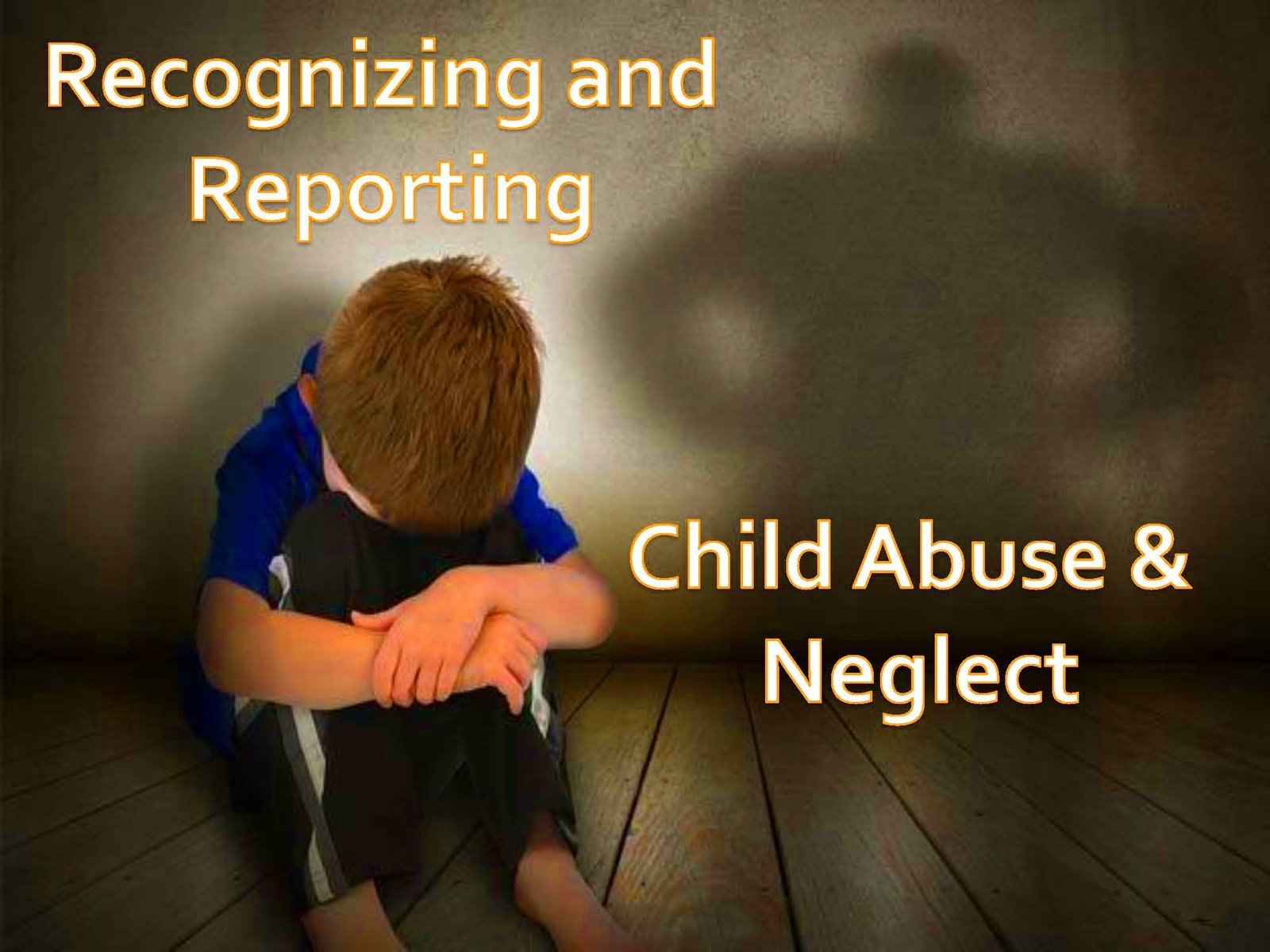Adoption and Surrogacy Laws: Legally Building Families

Contents
- 1 Definition of Adoption and Surrogacy
- 2 Importance of Legal Framework
- 3 Adoption Laws
- 4 Types of Adoption
- 5 Surrogacy Laws
- 6 Adoption Process
- 7 Surrogacy Process
- 8 Rights and Responsibilities
- 9 Challenges in Adoption and Surrogacy
- 10 Success Stories
- 11 Cultural and Ethical Considerations
- 12 Recent Legal Developments
- 13 Future Trends
- 14 Expert Opinions
- 15 Conclusion
- 16 FAQs(Adoption and Surrogacy Laws: Legally Building Families)
Definition of Adoption and Surrogacy
Adoption involves legally taking on the responsibility of a child, whereas surrogacy is an arrangement where a woman carries and delivers a child for another individual or couple.
Importance of Legal Framework
A solid legal framework ensures the rights and responsibilities of all parties involved, providing a foundation for a secure and ethical family-building process.
Adoption Laws
Overview of Adoption Laws
Adoption laws vary globally, encompassing regulations related to eligibility, consent, and post-adoption arrangements.
Types of Adoption
Domestic Adoption
In-country adoption involves adopting a child from one’s own country, subject to specific national laws.
International Adoption
Cross-border adoption, governed by international treaties, introduces additional complexities.
Legal Requirements for Adopting Parents
Prospective adoptive parents must meet criteria such as age, financial stability, and the ability to provide a nurturing environment.
Surrogacy Laws
Understanding Surrogacy
Surrogacy involves distinct legal considerations, with gestational and traditional surrogacy presenting different challenges.
Gestational vs. Traditional Surrogacy
Gestational surrogacy, using the surrogate’s womb but not her egg, has become more prevalent due to its legal clarity.
Legal Considerations in Surrogacy
Contracts defining parental rights, financial agreements, and medical decisions are crucial in surrogacy arrangements.
Adoption Process
Application and Home Study
Prospective adoptive parents undergo a thorough evaluation to ensure their readiness for parenthood.
Matching Process
Agencies facilitate the matching of birth parents and adoptive families based on preferences and compatibility.
Legal Adoption Proceedings
The finalization of adoption involves court hearings, legal documentation, and the termination of birth parents’ rights.
Surrogacy Process
Choosing a Surrogate
Selecting a surrogate involves considerations such as health, legal history, and personal compatibility.
Medical Procedures and Agreements
Medical procedures, including in vitro fertilization, and legal agreements defining roles and responsibilities are integral to surrogacy.
Legal Steps in Surrogacy
Surrogacy agreements must adhere to local laws, covering issues like parental rights and compensation.
Rights and Responsibilities
Rights of Adopting Parents
Adoptive parents gain legal rights and responsibilities upon finalization, ensuring a secure family environment.
Rights of Birth Parents
Birth parents may have varying degrees of involvement based on the type of adoption, impacting legal rights and responsibilities.
Rights of Surrogates
Surrogates maintain the right to make decisions about their health and pregnancy, protected by legal agreements.
Read More: Wonder Woman 2 will be the first production to adopt new anti-sexual harassment guidelines.
Challenges in Adoption and Surrogacy
Legal Challenges
Adoption and surrogacy may face legal hurdles, including changes in legislation and complex international regulations.

Emotional Challenges
Navigating the emotional aspects of adoption and surrogacy, such as bonding and expectations, can be challenging for all parties involved.
Financial Challenges
The financial implications of adoption and surrogacy can pose challenges, with costs varying based on factors like location and agency fees.
Success Stories
Real-Life Experiences of Adoptive Families
Hearing the success stories of adoptive families can provide inspiration and insights into the adoption journey.
Surrogacy Success Stories
Celebrating the positive outcomes of surrogacy highlights the potential for building families through assisted reproductive technologies.
Cultural and Ethical Considerations
Cultural Impact on Adoption
Cultural factors play a significant role in adoption, influencing traditions, identity, and family dynamics.
Ethical Issues in Surrogacy
Ethical considerations in surrogacy revolve around consent, exploitation, and the well-being of all parties involved.
Recent Legal Developments
A. Changes in Adoption Laws
Ongoing changes in adoption laws globally impact eligibility criteria, waiting times, and the rights of birth parents.
Evolving Surrogacy Regulations
As surrogacy gains popularity, legal frameworks are adapting to address the complexities and ethical concerns surrounding the practice.
Future Trends
Emerging Technologies in Adoption
Advancements such as digital matching platforms and genetic testing are shaping the future landscape of adoption.
Surrogacy Trends and Innovations
Continuous advancements in reproductive technologies and surrogacy practices contribute to evolving trends in family-building.
Expert Opinions
Legal Experts on Adoption
Insights from legal professionals shed light on the legal considerations and potential challenges in the adoption process.
Insights from Surrogacy Professionals
Experts in surrogacy provide valuable perspectives on the legal, medical, and ethical dimensions of surrogacy.
Read More: Legal Ethics: How to Act and Your Duty as a Lawyer
Conclusion
FAQs(Adoption and Surrogacy Laws: Legally Building Families)
What are the eligibility criteria for adoption?
Prospective adoptive parents typically need to meet age requirements, undergo a home study, and demonstrate financial stability.
How do surrogacy laws vary globally?
Surrogacy laws vary widely, with some countries fully embracing it while others have strict regulations or outright bans.
Are open adoptions legally recognized?
Open adoptions, where birth and adoptive families maintain contact, are legally recognized, but the degree of openness can vary.
Can single individuals opt for surrogacy?
Yes, single individuals can choose surrogacy as a family-building option, with legal agreements specifying parental rights.
How do legal changes impact the adoption process?
Legal changes can affect eligibility criteria, waiting times, and the rights of birth parents, requiring prospective adoptive parents to stay informed.






One Comment